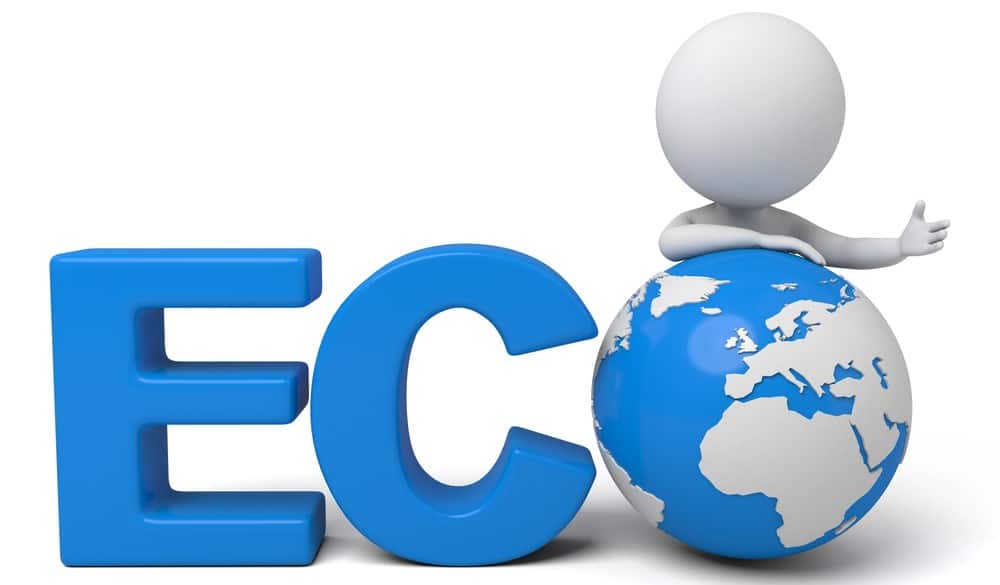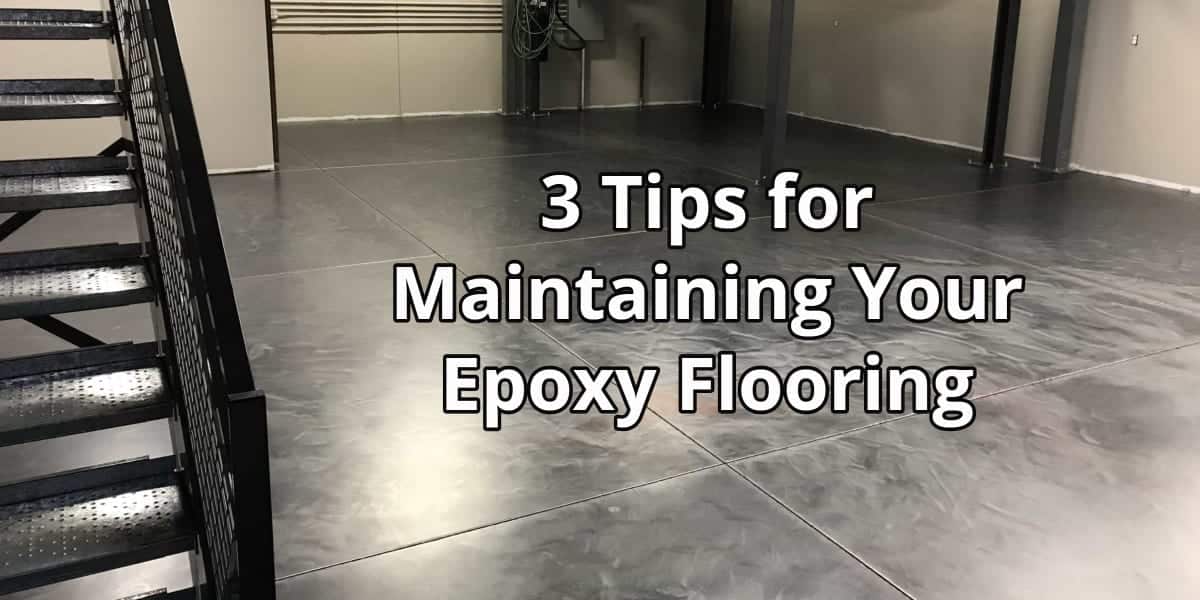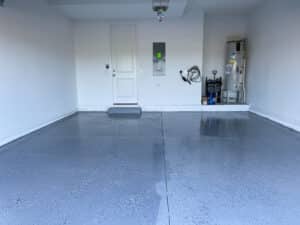In recent years, there has been a growing emphasis on sustainability across various industries, including construction and maintenance. As businesses and individuals become increasingly aware of their environmental impact, sustainable floor coating practices have emerged as a crucial aspect of environmentally conscious building maintenance. Let’s explore the environmental benefits of embracing sustainable floor coating practices and how they contribute to a greener future.
Reduced Environmental Impact
One of the primary environmental benefits of sustainable floor coating practices is the reduction of harmful emissions and pollutants released into the environment. Traditional floor coatings often contain volatile organic compounds (VOCs) and other hazardous chemicals that can contribute to air pollution and indoor air quality issues. In contrast, sustainable floor coatings are formulated with low VOCs and environmentally friendly ingredients, minimizing their impact on both indoor and outdoor air quality.
Energy Efficiency
Sustainable floor coatings can also contribute to improved energy efficiency within buildings. By utilizing reflective coatings or light-colored finishes, sustainable flooring solutions can help reduce the need for artificial lighting and lower cooling costs by reflecting heat away from the building. Additionally, some sustainable coatings offer thermal insulation properties, further enhancing energy efficiency and reducing reliance on heating and cooling systems.
Longevity and Durability
Another environmental benefit of sustainable floor coatings is their longevity and durability. Sustainable coatings are designed to withstand heavy foot traffic, abrasion, and other wear and tear, resulting in a longer lifespan compared to traditional coatings. This extended lifespan reduces the need for frequent replacements and minimizes the environmental impact associated with the manufacturing, transportation, and disposal of flooring materials.
Minimal Waste and Resource Conservation
Sustainable floor coating practices emphasize the use of eco-friendly materials and resource-efficient application methods, resulting in minimal waste and resource conservation. Many sustainable coatings are formulated with renewable or recycled materials, reducing the reliance on finite natural resources and promoting a circular economy. Additionally, innovative application techniques such as spray-on coatings or modular flooring systems can further minimize waste and maximize efficiency during installation.
Water-Based Formulations
Sustainable floor coatings often utilize water-based formulations instead of solvent-based alternatives, which can significantly reduce water consumption and environmental contamination. Water-based coatings produce fewer harmful emissions during application and cleanup, making them a more environmentally friendly option for indoor and outdoor flooring projects. Additionally, water-based coatings are easier to clean and maintain, reducing the need for harsh chemical cleaners and minimizing water usage over time.
The Bottom Line
Embracing sustainable floor coating practices offers a range of environmental benefits, from reducing harmful emissions and improving indoor air quality to conserving resources and minimizing waste. By prioritizing sustainability in building maintenance and renovation projects, businesses and individuals can contribute to a greener future while enjoying the long-term benefits of durable, environmentally friendly flooring solutions.
Industrial Floor Coatings in Metro Detroit
At Armor Tough Coatings, we know how hard it can be to balance sustainability and eco-friendly practices with business profitability. Our skilled team works quickly and efficiently, minimizing your downtime and delivering durable, easy-care epoxy floor coatings with the least environmental impact possible. Contact us today for an estimate!










